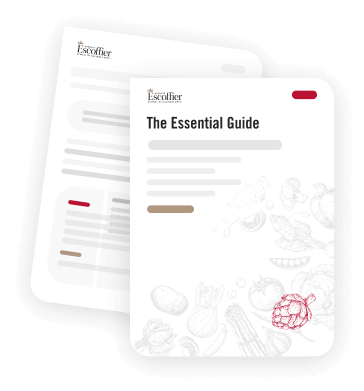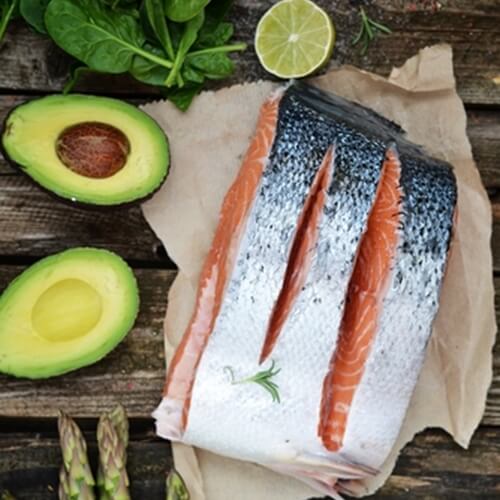Mediterranean Diet 101

Italian living enjoys a strong association with flavorful food and longevity. If you haven’t learned about it in your online culinary courses yet, you may want to research the Mediterranean diet. It includes rich food like mozzarella and gelato, however, since these are only eaten in moderation, people who adhere to the Mediterranean diet are still among the longest-living people in the world. While countries like the U.K. want to extensively label foods to decrease their population’s growing rates of obesity, Italians and other communities that exist along the Mediterranean believe that a different relationship with food would be more beneficial.
Fruits, nuts and vegetables
Consisting mostly of fresh fruits, vegetables and grains, the Mediterranean diet focuses on building healthy, heart-conscious dietary habits. At every meal, you will often find fruits like grapes, apples, oranges, strawberries and mangoes. Olives and avocados are also considered fruits in the Mediterranean diet. Legumes that make daily appearances are black, red and pinto beans, a variety of colored lentils, English peas, snap peas, peanuts and okra. The health benefits of legumes are well-documented: 1/2 cup of vegetables from the legume family can yield 9 grams of protein, 20 grams of complex carbohydrates and half a gram of fat, all at only 115 calories.
Fish and seafood
The countries that border the Mediterranean Sea have a fish and seafood culture. At least twice a week, a family will have something that has come from that body of water. You might not live off the coast of the Mediterranean, but you could fill your diet with healthy omega-3 fatty acids, which are found in Atlantic salmon, halibut, fresh tuna. snapper and rainbow trout. Other types of seafood that are high in omega-3 fatty acids are oysters, squid and raw black caviar. Omega-3s lower blood pressure and reduce inflammation in blood vessels and joints.
Food culture
The dietary habits of the cultures surrounding the Mediterranean reflect a relationship with food that is based on moderation, pleasure and community. They eat thick and creamy foods, but the consumption of food that is high in fat or sugar does not occur on a daily basis. Instead, these foods are seen as treats that are enjoyed much more since they are not always available. Meals are prepared from scratch, as opposed to being pre-packaged and full of preservatives. When families and friends sit down to eat, they consume the food at a leisurely pace with conversation filling the spaces in between bites. The food culture is an important aspect of the longevity of the Mediterranean communities, and the diet is great for people who are trying to lose weight and want healthy hearts.


